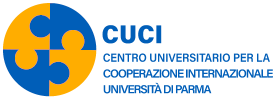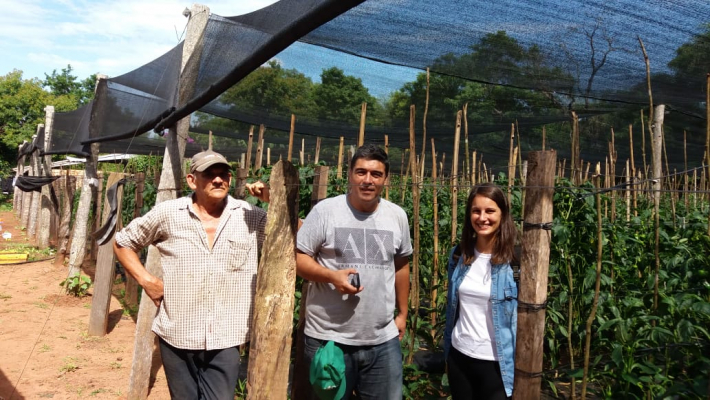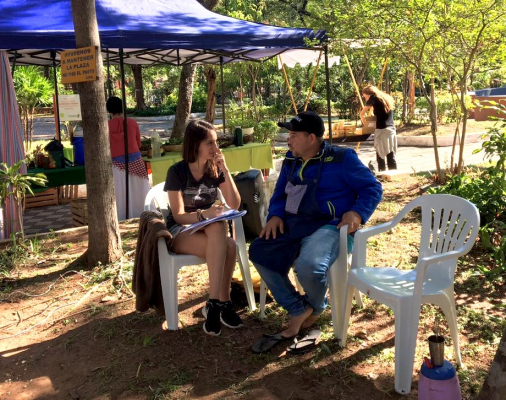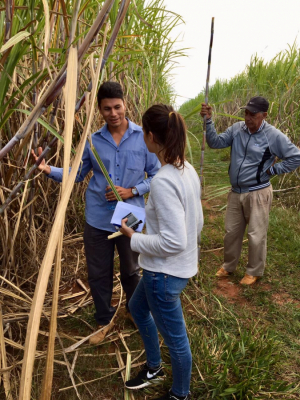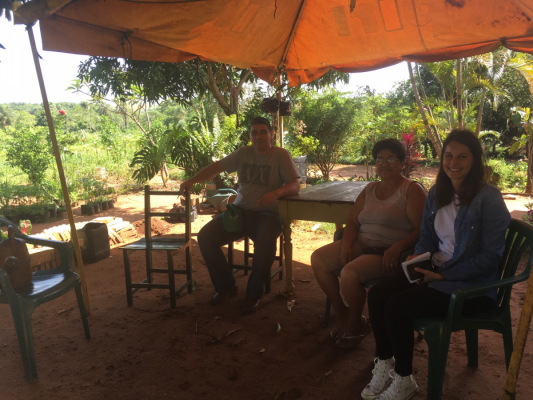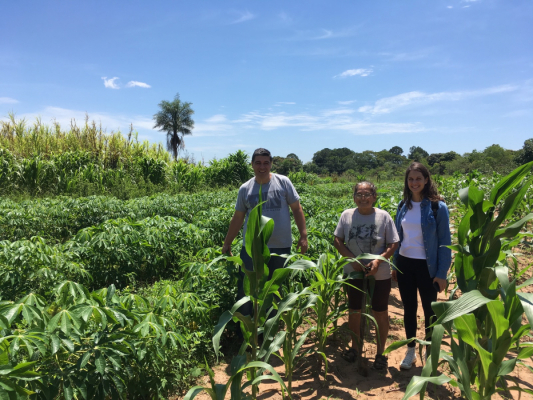Paraguay
|
Squeezed between the giants Brazil and Argentina, Paraguay is one of the least developed countries in South America. Its political, social and economic structure is the result of a long history of authoritarian governments and debilitating international clashes. Independent from Spain since 1811, it was the protagonist of two bloody armed conflicts at the turn of the 19th and 20th centuries. Between 1865 and 1870 it fought against Argentina, Brazil and Uruguay: the defeat resulted in the loss of a large part of its territory and the death of about half of its population. Later, between 1932 and 1935, it faced a war - considered the most sangiunous of the 21st century in Latin America - against Bolivia for the conquest of the Chaco region. Paraguay won but paid a very high tribute in blood: there were 100,000 casualties and the Chaco, thought to be rich in hydrocarbon reserves, turned out to be an arid territory with no strategic value, so much so that it is still sparsely populated. The unfortunate fate of the international conflicts was followed by a long period of internal tensions, military governments, coups d'état and failed reforms, which, however, did not undermine the hegemony of the Partido Colorado (Pc), the undisputed protagonist of the Paraguayan institutional scene from 1947 to the present day. The 1990s and early 2000s were marked by highly corrupt PC governments, frequent and heated popular protests, sterile attempts at liberalisation and privatisation reforms, new coups d'état and, finally, a gradual international opening. A new political phase opened in 2008 with the presidential victory of Fernando Lugo, who put an end to the supremacy of the PCP after 61 consecutive years thanks to an electoral campaign with populist overtones, centred on the themes of agrarian reform and the fight against corruption and poverty. However, the people's hopes for new social justice and the establishment of democracy in the country were betrayed by the initiation of impeachment proceedings against Lugo. The leaders of many South American countries expressed their disagreement with the measure - considered a serious blow to popular sovereignty - and implemented a series of measures to diplomatically isolate Paraguay. The 2013 electoral round saw the victory of Horacio Cartes, a millionaire businessman who brought the Partido Colorado back to power. Cartes is implementing an effort to modernise the country by reforming the public administration and modernising the infrastructure in order to attract investment. The president has so far managed to mend fences with Mercosur, including Venezuela, and to retain the most important existing partnerships, in particular with Brazil. |
||
|
Progetti attivi in Paraguay: |

